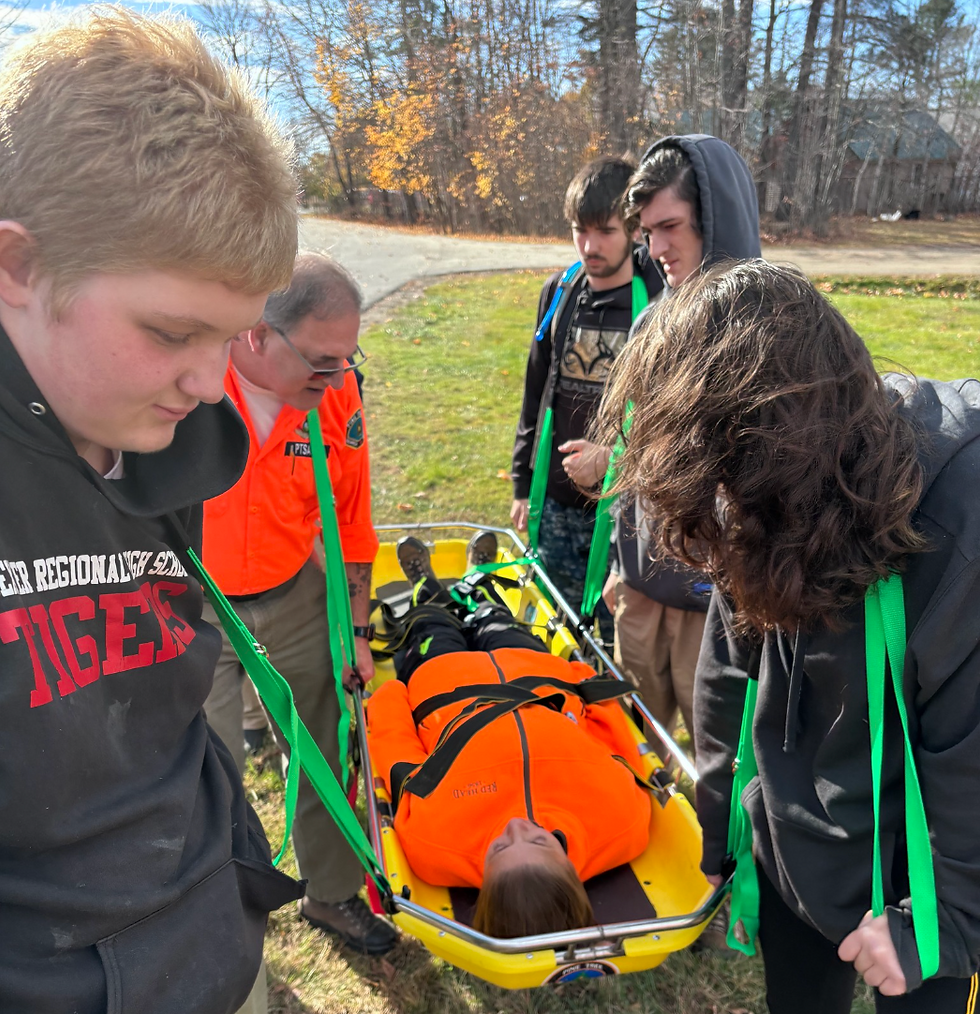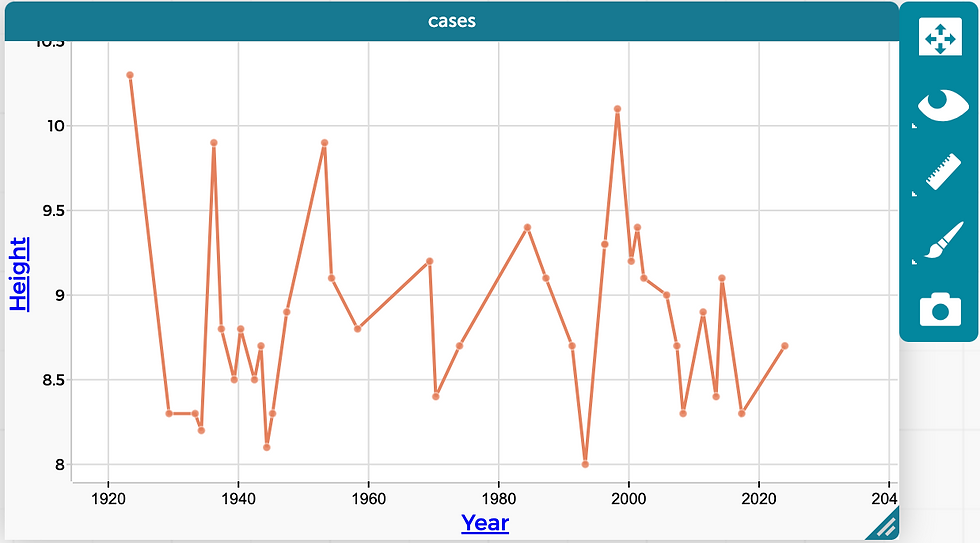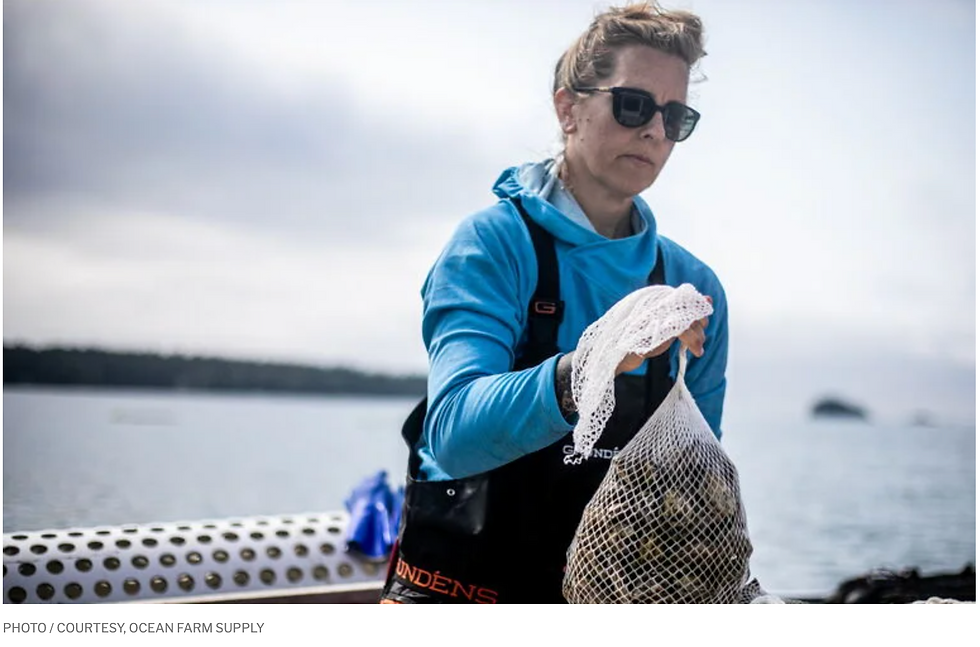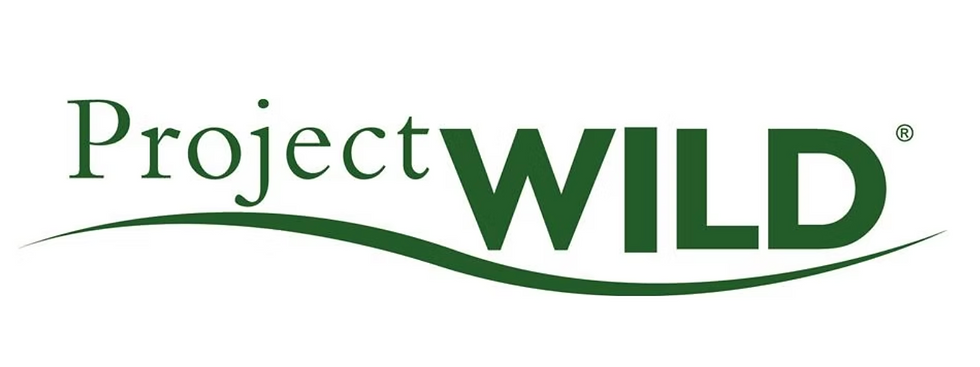Maine Forest Collaborative December Newsletter
- Rural Aspirations

- Dec 4, 2024
- 4 min read
High School Updates


Belfast students have been busy in the field tackling invasive species, building flower boxes and sowing native seeds! We sowed 7 different species of native plants from Wild Seed Project in pots to overwinter outdoors and for next year's Fish and Wildlife class to plant.
Schenck students visited Outdoor Sports Institute with Dan Rogan and learned how to maintain a mountain bike, saw the Katahdin Gear Library and got to take the bikes for a spin! They just finalized their action plan and have already made some progress on their website.

Tri County Tech students visited Halls Christmas Tree Farm for a tour of their farm operation where students learned about their Christmas tree farm operation and the process of tipping and wreath making. Students also participated in hunter safety last month, and spent a day with Pine Tree Search and Rescue Team

learning about and practicing search and rescue procedures.

Telstar students have been busy visiting the Historical Society for historical flood information for the area and have been exploring NOAA data sites historical river heights in Gorham and Gilead were found. We zoomed the other day together exploring how to represent that data visually using CODAP and learned about some of its many features. Check out our graph showing record river highs in Gorham over the past 100 years! According to this graph, the major flood that occured last December in Bethel still measured an extremely low river height compared to some of the past flooding events over the years.
In the News

A Maine factory is selling a new product to get PFAS out of crops
A new twist on an ancient agricultural practice is playing out at farms throughout Maine and the nation.

Oyster company spins off eco-friendly packaging venture to reduce plastic waste
Maine Ocean Farms in Freeport has a mission to embrace new technologies and materials that can drive positive environmental change and support local economic growth.

These scientists think managing invasive plants can cut down on ticks and tick-borne diseases
For years, research has shown that ticks are more abundant on certain understory plants like Japanese barberry, bush honeysuckles and common buckthorn — all invasive species.->>> Full article
Engagement & Mini Grant
Virtual Learning Experiences

The Stanford University partners of Learning Ecosystems Northeast (LENE) are looking to fund learning professionals interested in virtual experiences around climate science, environmental science, and/or data literacy. Virtual learning experiences, VLEs, can take many forms. This mini-grant program focuses on the use, creation of, and/or providing feedback on VLEs and related supporting materials authored with ThingLink. Learn more here!
For Teachers

2025 GMRI Community Learning Ecosystems Gathering
Want to join a group of educators looking to increase opportunities for climate and data literacy, collaborate with others and receive funding opportunities to bring connected learning to your students? Gulf of Maine Research Institute's Community Learning Ecosystems help make that possible.On February 25-26th, they are hosting a 2 day event at the University of Maine Orono. You can register HERE. This is a FREE event with lodging, food, and mileage covered.

Project Wild - Below Zero
Project WILD is an interdisciplinary environmental education program for educators of kindergarten through 12th grade students that focuses on wildlife and natural resources. The program's goal is to help students develop knowledge, awareness, skills, and commitment to responsible actions and constructive behavior towards wildlife and the environment.Have you ever wondered where birds, insects, and other animals go when the snow flies? What keeps wood frogs from croaking in the winter? Or how do certain mammals move through the snow with such ease?
Most Mainers live with snow and ice for at least three to four months of the year, yet many of us know surprisingly little about life in frozen environments. Join us for an interactive workshop as we explore and highlight a variety of environmental and outdoor education activities and curriculum-based lesson plans that will help you connect students with the natural world in all seasons!Program Fee: $80/personLocation: Center for Wildlife. 375 Mountain Rd. Cape Neddick MEAt the conclusion of this training, you will go home with your own print copy of Project WILD! February 17, 2025 | 10AM-4PM Sign Up Here!February 24, 2025 | 10AM-4PM Sign Up Here!
Teaching Climate Network Workshop: Green jobs and green skills: What are they and how can I help my students get some?

We often hear about the millions of new green jobs that will be created as a result of the transition to renewable energy and a greener economy. But what does this mean for students seeking ways to engage in meaningful climate action, and how does this affect the way teachers should be teaching foundational knowledge and skills?
During this workshop, you'll hear about some of the latest research on green jobs and green skills, how to center youth in green career discussions, and learn about tools to help introduce your students to their future in green careers.
We understand that some of these workshops do not work for educator's schedules, so all registrants will receive a recording and additional resources to their e-mail within 1 week of the event. We are striving to make our events more welcoming to all, with specific goals about racial equity and inclusivity. Your answers during registration will help us to know how we are doing. The workshop will be from 12:00 PM–1:00 PM CT.Register here!





Comments